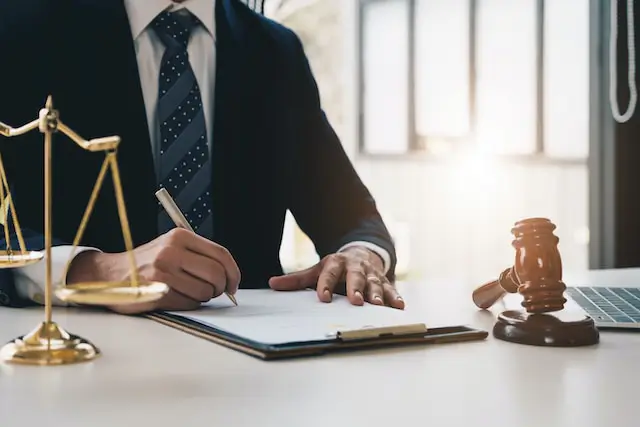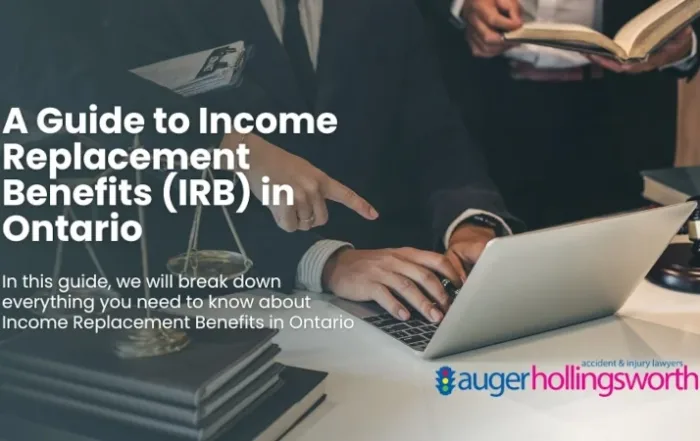What A Civil Jury Doesn’t Know

After A Collision, Will You Have a Jury Trial?
Jury trials can be risky ventures for Ontario collision victims, especially in Ottawa. Insurance companies often choose jury trials, instead of trials by judge alone, because they believe that juries are harder on injured plaintiffs than a Judge would be. For that reason most plaintiffs choose, if at all possible, to settle their cases out of court. Having said that, sometimes a plaintiff has to stand up for himself or herself and push forward to court. Having a law firm that is willing to do that for you is very important.
Some Information is Kept from the Jury
Part of the problem with jury trials is that for different legal reasons, secrets are kept from the jury.
For example, in a car accident case jurors cannot be told that there is an insurance company who is defending the at-fault driver and who will pay out any judgment. Often jurors are left thinking that a poor (albeit negligent) driver will be left with a large amount to pay when of course that is virtually never the case. Nobody would do a significant trial against a defendant who could not pay a judgment.
Expert Witness Limitations: Challenges in Presenting Medical Opinions
There are rules about how many expert witnesses a party may have. For example, the injured plaintiff may have multiple doctors treating her. However, only a few will be permitted to give opinion evidence. That means that even though many doctors have written opinions on how and why the injuries are related to the accident and not some pre-existing condition, they are not allowed to give “opinion” evidence so they cannot comment on the cause of the injuries or impairments.
Cross-Examination Constraints: Challenges in Questioning Expert Witnesses
There are rules about what type of information can be used to cross-examine an expert witness. For example, there may be multiple previous reported cases where a defence expert has been harshly criticized by other courts for being “biased”, and yet the cross-examining lawyer is not permitted to raise these cases in front of the jury.
Unknown Damages: Lack of Case Law Precedents for Jurors
The jury cannot be told about what other, similar plaintiffs have been awarded for pain and suffering. Although the lawyers can suggest a range in their closing statements, the lawyers cannot show the jury case law precedents that support an appropriate amount of damages. The jurors have no idea what an appropriate range is based on established case law. They have to pick out of the air.
The jury cannot be told there is a deductible in car accident cases. For cases where the general damages are under $100,000 (indexed to inflation- now this number is over $120k), there is a $30,000 deductible (also indexed- now over $37k). In other words, any award for pain and suffering under $30,000 is actually an award to the plaintiff of zero.
The jury does not know that apart from its verdict, the judge decides independently whether there is a serious and permanent impairment of an important function. Where the motion result does not match the verdict result, it is very confusing for the injured plaintiff. The judge clearly believes the plaintiff has a sound case, but the jury does not.
The jury cannot know what the lawyers did to try to settle the case before trial or whether offers to settle were exchanged or what those offers to settle were.
All of these factors, and many more, make a jury trial a gamble for a plaintiff who is looking for fair compensation.














